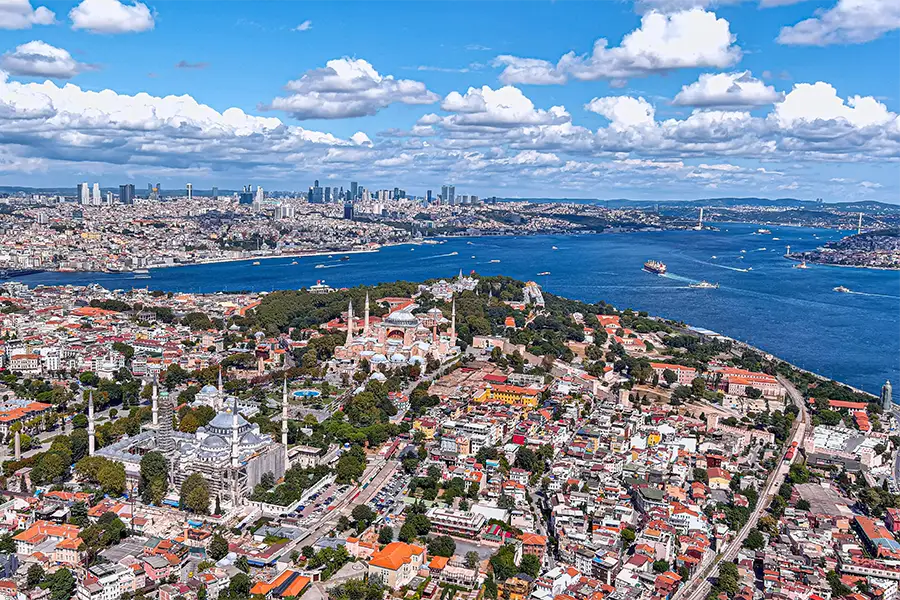
In the realm of global identities, names hold a significant power. They are not just mere labels but encapsulate history, culture, and identity. In a move symbolic of embracing its rich heritage and asserting its unique identity, the Republic of Turkey has officially changed its name to ‘Turkiye’ in international platforms. This change, though subtle in its pronunciation, carries profound implications and resonates with a deeper sense of national pride and cultural recognition.
The Genesis of the Change
The journey of the name 'Turkiye' represents a return to the roots of this transcontinental nation. Historically, 'Turkiye' is the name the country has used for itself since its establishment in 1923, following the collapse of the Ottoman Empire. It reflects the native pronunciation and spelling in the Turkish language. However, internationally, the anglicized version, 'Turkey', became prevalent.
In December 2021, under the leadership of President Recep Tayyip Erdogan, the Turkish government initiated the move to rebrand the country's name to 'Turkiye' in international arenas. This initiative is part of a broader effort by the government to strengthen national identity and assert Turkey's independent and unique position in the world stage.
Symbolism and Significance
The name 'Turkiye' resonates deeply with the Turkish people, symbolizing their independence, culture, and history. By adopting this name in international affairs and products ('Made in Turkiye'), the country asserts its language and way of defining itself, rather than being defined by others. This move aligns with global trends where nations seek to reclaim their native names, as seen in Deutschland (Germany) or Bharat (India).
The change is also a step towards eliminating confusion and misconceptions associated with the anglicized name 'Turkey', which shares its spelling with the bird native to North America. By embracing 'Turkiye', the nation distances itself from these unintended associations and focuses on its unique cultural and historical identity.
Implications and Reception
The transition to 'Turkiye' has been well-received domestically, seen as a positive step towards reaffirming national pride and identity. On the international front, this change has been gradually adopted, with institutions like the United Nations recognizing and implementing the new name.
This rebranding also presents an opportunity for Turkiye to redefine its image globally. It's a chance to promote its rich cultural heritage, bustling tourism industry, and growing economic prowess under a name that fully resonates with its national identity.
A New Chapter in Branding
The name change to 'Turkiye' is more than a cosmetic alteration; it's a strategic rebranding effort that reflects the country's evolving narrative. This decision is not just about how the nation is referred to in foreign languages but about taking control of its global narrative. It's a declaration of the country's rich history, its cultural depth, and its aspirations for the future.
As Turkiye moves forward with this significant transformation, it stands at the cusp of a new era. This change is not merely about altering a name but about reasserting a national identity that's deeply rooted in history and culture. It's about telling the world, "This is who we are, and this is how we wish to be known." The transition from Turkey to Turkiye is a bold step in the nation's ongoing journey of self-definition and global recognition, reinforcing its unique position on the world stage as a bridge between continents, cultures, and eras.



